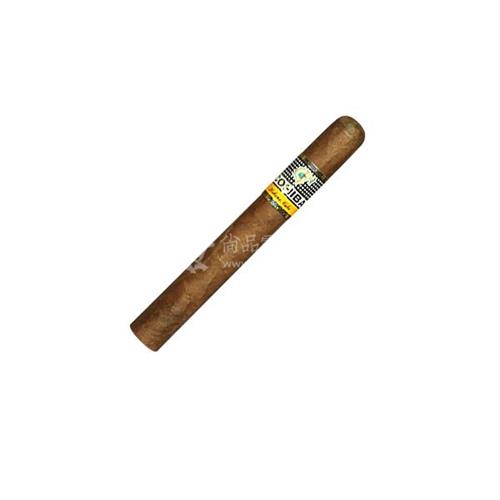Brandy
Brandy: Definition and Distillation Techniques
Brandy is a type of spirit made by distilling wine or fermented fruit juice and aging it in oak barrels. The aging process is essential in developing the unique and complex flavors that brandy is known for. Distillation techniques are used to concentrate the alcohol and intensify the flavor.
Cognac: The Classification of Cognac
Cognac is a type of brandy that is produced only in the Cognac region of France. The grapes used for Cognac must be from specific regions and are primarily Ugni Blanc. The grapes undergo a double distillation process, resulting in a potent liquid that is then aged in oak barrels for a minimum of two years. The classification of Cognac is based on the length of aging, with three main categories: VS (Very Special) with a minimum of two years, VSOP (Very Superior Old Pale) with a minimum of four years, and XO (Extra Old) with a minimum of 10 years.
Additional Mentions on The Label
The label of a Cognac bottle indicates the quality and authenticity of the spirit. The region of production, the age, and the quality of the grapes used are all mentioned on the label. The bottle's label is also stamped with the producer's unique registration number.
Armagnac: The Classification of Armagnac
Armagnac is another type of brandy that is produced in the Armagnac region of Gascony, France. Unlike Cognac, Armagnac is produced from a variety of grape varietals. However, the distillation process is similar to that of Cognac. Armagnac is aged in oak barrels for a minimum of one year, resulting in a distinctive flavor profile. Armagnac is classified based on the length of aging, with three main categories: VS, VSOP, and XO.
The Pairing Between Cigar and Brandy in Detail
The pairing of cigar and brandy is a classic combination that has been enjoyed for centuries. The flavors and aromas of a well-prepared cigar can complement the unique flavors of brandy seamlessly.
Pairing According to Structure and Persistence
When pairing cigars with brandy, it's essential to consider the structure and persistence of both elements. A full-bodied cigar pairs well with a full-bodied brandy, while a medium-bodied cigar pairs well with a medium-bodied brandy. The persistence of flavors is also a significant consideration. A longer finish cigar pairs better with a brandy with a more extended finish.
What to Avoid
When pairing cigars with brandy, it's important to avoid overpowering flavors that can detract from the enjoyment of both elements. Avoid pairing cigars with extremely peaty or smoky flavors with a delicate brandy. Additionally, avoid pairing overly sweet cigars with brandies that are too dry, as this can result in an unpleasant taste.
In conclusion, the art of cigar and brandy pairing requires careful consideration of flavor and structure. The unique flavors and aromas of each element can complement each other seamlessly, resulting in a satisfying and enjoyable experience.
